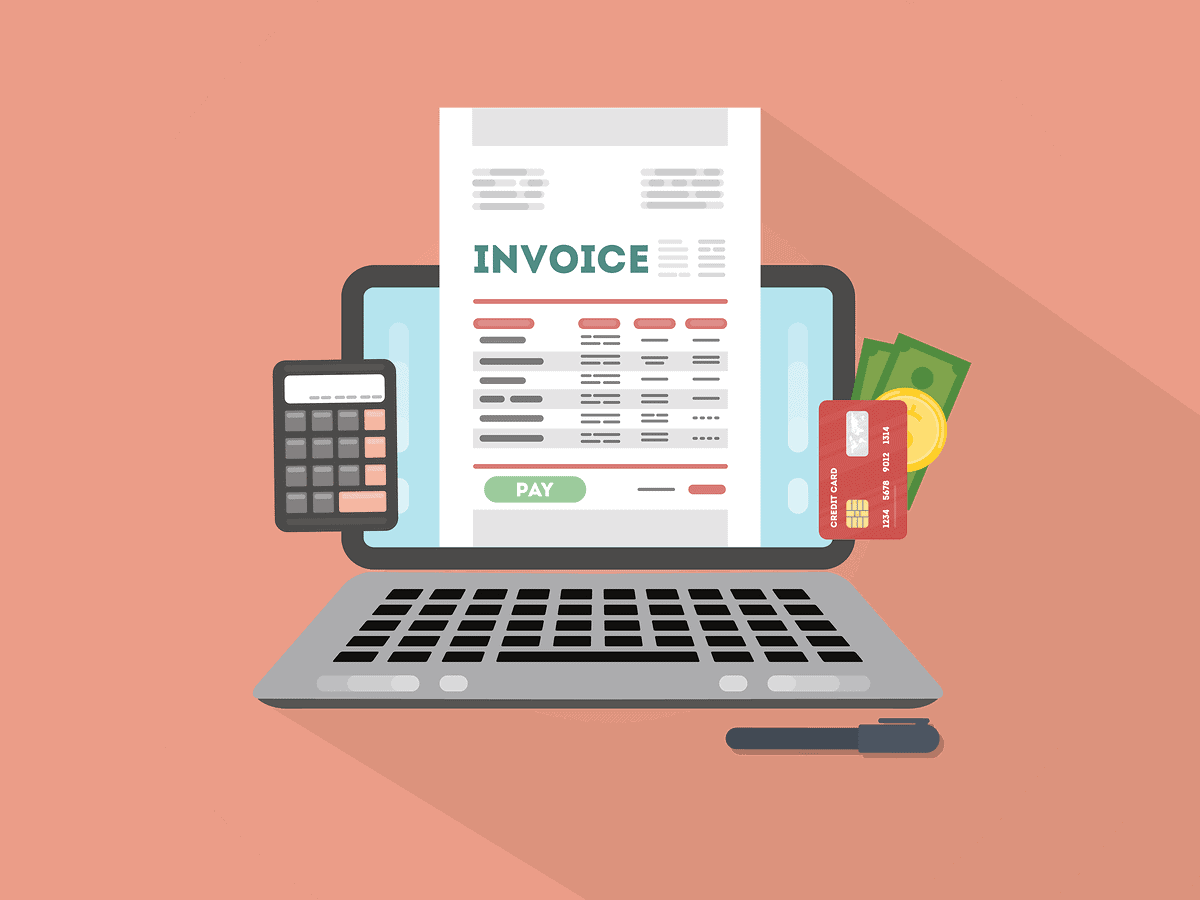Invoice Factoring For Small Business is a great financial solution for small businesses to get back on track. keep on reading the blog to learn more about how it works, the five basic types of invoice factoring and what you can expect from new loans from invoice factoring companies.
There are a few things to keep in mind when using invoice factoring. First and foremost, make sure you understand your credit score and the terms of your offer. Also, be sure to track your progress closely to know exactly how much money you’re borrowing and when you need to pay it back. Finally, be sure to communicate with your customer(s) as often as possible to know the status of their order and how much money they still need to pay.
How can Invoice Factoring help small businesses?
Invoicing is one of the most time-consuming tasks a small business has to deal with. By taking on invoice factoring, a business can reduce its invoicing workload by spreading its invoicing responsibilities among several lenders.
Additionally, invoice factoring can help businesses get more favourable loan terms. Because lenders are willing to invest in companies with strong credit ratings, businesses that take out invoice factoring loans can often receive lower interest rates and shorter maturities than if they were borrowing directly from banks.
Finally, invoice factoring can help small businesses save money on their payments. By taking on smaller loans instead of one large loan, businesses can spread their payments over a longer period and avoid high-interest rates and late fees.

How to Invest in an Invoice Factoring Company?
Before investing in an invoice factoring company, it is important to do your research and make sure that the company is reputable and has a good customer service history. Here are some tips on how to invest in an invoice factoring company:
- Look at the company’s credit score. A high credit score means that the company is likely able to pay back its debts, which is a valuable indication.
- Request information about the company’s rates and terms of investment. Rates will vary depending on the company, but be sure to ask about interest rates, repayment schedules, and other pertinent details.
- meet with representatives from the company in person to get a sense for their operation and see if they fit your business’s needs. During this meeting, ask about the process of investing in an invoice and what kind of support you would receive if there
Why choose this type of financing over bank loans?
If you consider invoice factoring as a financing option for your small business, there are a few important things to consider. First and foremost, invoice factoring is a more cost-effective way to borrow money than borrowing from a traditional bank. Second, invoice factoring is not tied to traditional banking standards, so it can be more flexible in terms of terms and conditions. Finally, invoice factoring offers lenders the security of receivables – meaning that you can always be sure that you will receive your unpaid bills. These reasons make invoice factoring a great choice for small businesses who need quick access to cash but don’t want to take on traditional bank loan risks.
Concluding thoughts
Invoice factoring for small businesses can be a great way to reduce your overall invoicing costs while still receivng the same amount of credit. The key to arranging an invoice factoring contract is to find a reputable and reliable company that has experience working with small businesses. When negotiating your terms, be sure to include a provision for late payment penalties and a clause allowing the company to audit your invoices for accuracy.
